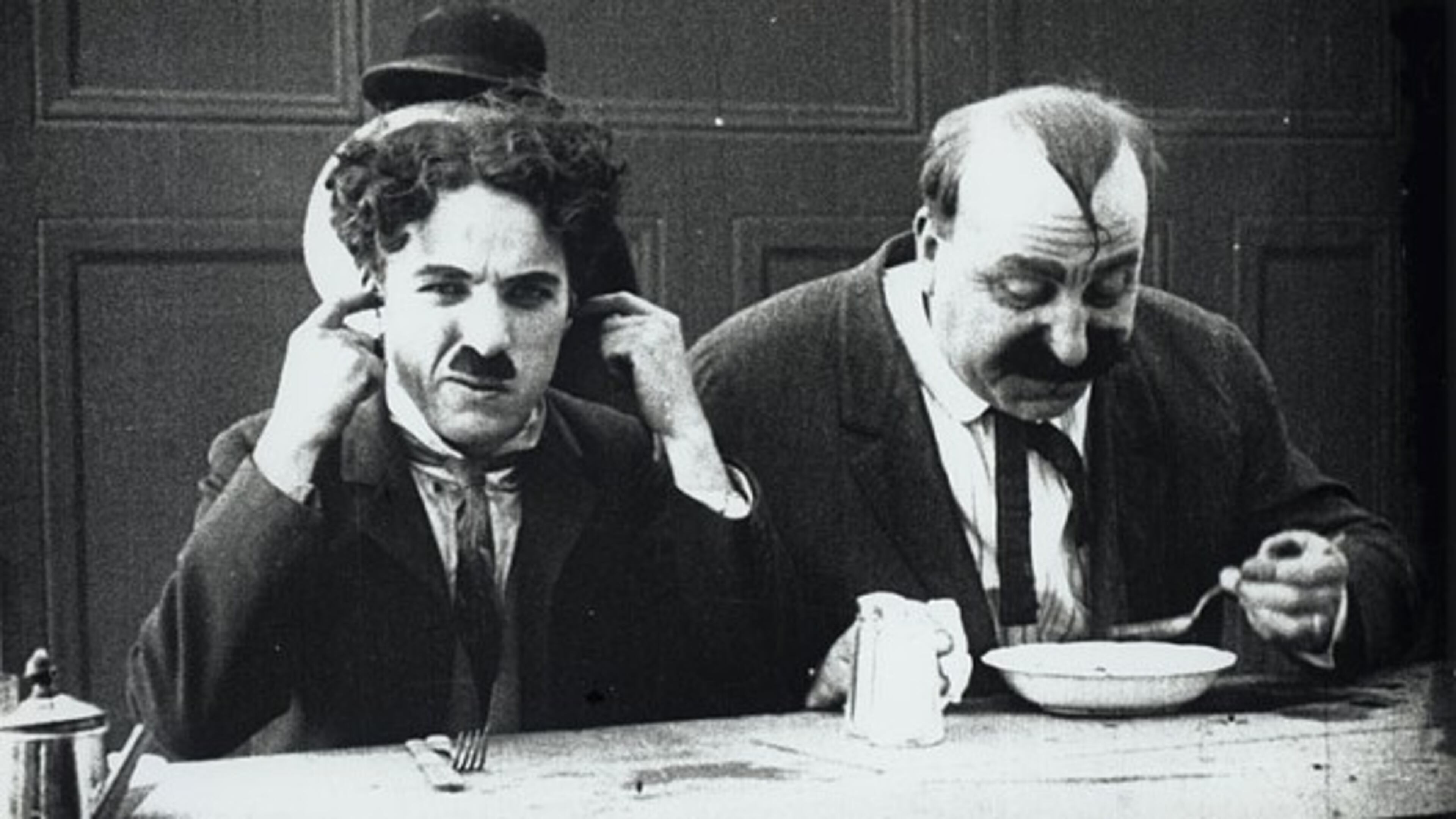What is misophonia? Do I have it, and how can I control it?

If certain repetitive sounds make you want to pull your hair out, you might identify with the other 15 percent of people in the country who suffer from misophonia. Although anyone can become irritated or overwhelmed by noise from time to time, people who suffer from misophonia usually have an intense or strong reaction to very specific, repetitive sounds including the chewing of food or someone clearing their throat. Take a look at the triggers of misophonia to see if these noises typically get under your skin.
Misophonia triggers
- Tapping
- Dripping
- Chewing
- Loud swallowing
- Throat clearing
- The sound of letters k, p or s
- Clocks ticking
- Heavy breathing
It might seem difficult to distinguish whether you have a mild irritation from certain noises or actual misophonia. However, people who suffer from misophonia tend to display a much stronger emotional and psychological response than someone who just seems a little annoyed. And while the cause of this condition is still unknown, it does tend to occur more frequently in people who also suffer from obsessive-compulsive disorder (OCD), Tourette's syndrome, sensory dysfunction and anxiety disorders.
Misophonia symptoms
- Emotional upset
- Rage
- Hatred
- Inability to concentrate on anything else
- Disgust
- Instant anger
- Feelings of panic
If you feel like you might have misophonia, you might find some relief by making a few adjustments to your daily life. At home, a silent space can actually make the condition worse, so your best course of action is to use a large fan or white noise machine to add a little background sound. This can especially help misophonia sufferers who have trouble sleeping at night because of repetitive noises. You can also ask an audiologist about using a personal sound generator, which discretely attaches to your ear like a hearing aid or a pair of wireless headphones to provide you with subtle white noise relief.
Other treatment options include:
Cognitive behavioral therapy
Cognitive behavioral therapy helps train the brain to respond different to external stimuli by investigating the emotional responses attached to a particular trigger or event. This type of therapy is also used to treat post traumatic stress disorder, OCD, anxiety, depression and anger issues.
Neurofeedback
When you take part in neurofeedback treatment, small sensors placed around your head will transmit information to a corresponding maze or game on a screen. When you have elevated emotions or a triggered response, the movement through the maze or game on the screen will stop, but when your emotions feel level and calm, the movement through the maze will continue until you reach the end. This type of treatment will supposedly help train the brain to respond in a calmer way to external triggers.
Progressive muscle relaxation
In this therapy you will learn how to contract and relax your muscles in specific sequences in order to help you attain a state of relaxation and peace of mind. Practicing these muscle contractions and relaxations regularly could help you manage your misophonia and feel more in control of your emotions when triggers do occur.
Neural repattering technique
When something triggers a misophonic response, a physical reaction will usually occur before an emotional one. In the neural repatterning technique, you can minimize your emotional response to a sound trigger by first reducing the physical reaction to it.
Then again, could misophonia just mean you're a creative genius? Some researchers think so. Creative genuis or not, the resources above could help ease your irritation.

